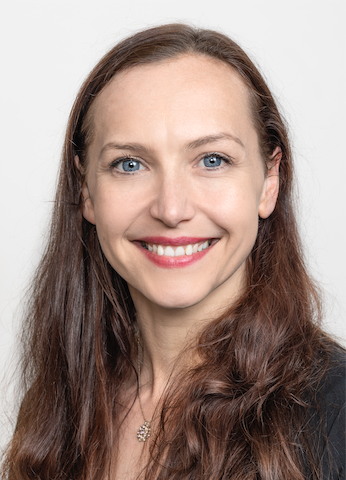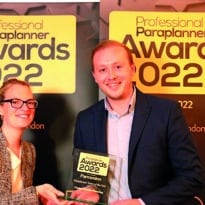Start-up kit
Kat has set up a dedicated office in her house. Her first software purchase was a professional copy of Microsoft Office, followed by Teamwork, a project management system that allows collaboration and file sharing in a secure manner. “I’d used Basecamp before but I did a lot of research and found Teamwork to be little bit more user friendly.”
She is also using Clockify, a time recording system. “Richard Allum (The Paraplannrs) has talked about the importance of time recording from the outset, to measure productivity and where things can be improved. He rates it as amongst the most useful information you can have for an outsourced paraplanning business.”
Other systems and software she is using include FreeAgent for accounting, and SelectaPension, Synaptic and FE for research and analysis.
“If a client has a preferred system then I will use it and train on it where I need to. I’m not wedded to anything in particular,” she adds.
For contracts, she was put in touch with a solicitor who has experience of working with outsourced paraplanners. “I think having that referral was key as I wouldn’t have known where to start otherwise,” she says.
Goals and challenges
Kat’s goal for her first year, she says, is to concentrate on growing her client bank and to generate a steady stream of work. “By the end of year one I want to have a good idea of the amount of work I can have coming in and know that roughly it is enough for me to sustain my business.
“Once I have that information, what work I have coming in and its regularity, I can then plan for years three to five.”
Kat expects there will be a number of challenges to tackle in her inaugural year. “First will be getting used to the number of new clients, the way they work and the systems they use, and doing that all at once. I expect there to be a steep learning curve of 6-9 months. It will be intense. But I’m looking at the first year as an exciting, exploratory time where I build and learn. I expect things to settle over time.”
Initially, she doesn’t intend to do any marketing but will work from referrals. She has already picked up four clients. “That will be enough for the first couple of months, while I bed things in. I want a sustainable, good quality business, which I can grow,” she explains.
What’s going to be of paramount importance, she says, is building the long-term quality relationship with clients that she wants to achieve. “That will be down to me doing a good job, of a high quality and delivering on time.”
She also stresses the importance of not being overwhelmed by the business side of things and to keep learning and developing as a paraplanner. “You’ve got to keep taking the exams you need, and if you don’t keep up-to-date it makes your job so much harder. I want also to read things I don’t agree with, because that will help me broaden my arguments and it will make me better.”
In time, she will grow the business, she says, by bringing in like-minded paraplanners to join her. “But that won’t be for a while. Although, I can see that I’m going to need admin support quite soon,” she adds.
Excitement or trepidation?
So, just a couple of weeks into running her new business, what is her overwhelming feeling, excitement or trepidation? She says there have been “scary moments” in the overall journey. “It can be scary, but how I’m framing it is that when it seems scary it makes it more fun. And I remind myself what people have said to me, that I‘m doing what I’m good at and if I do a good job for people then they will come back to me for more.
“Starting your own paraplanning business means taking on a lot of new things but I’ve got a real fire in my belly for this – I’m excited to come to work. That makes me confident I’ve done the right thing.”
Page: 1 2





























